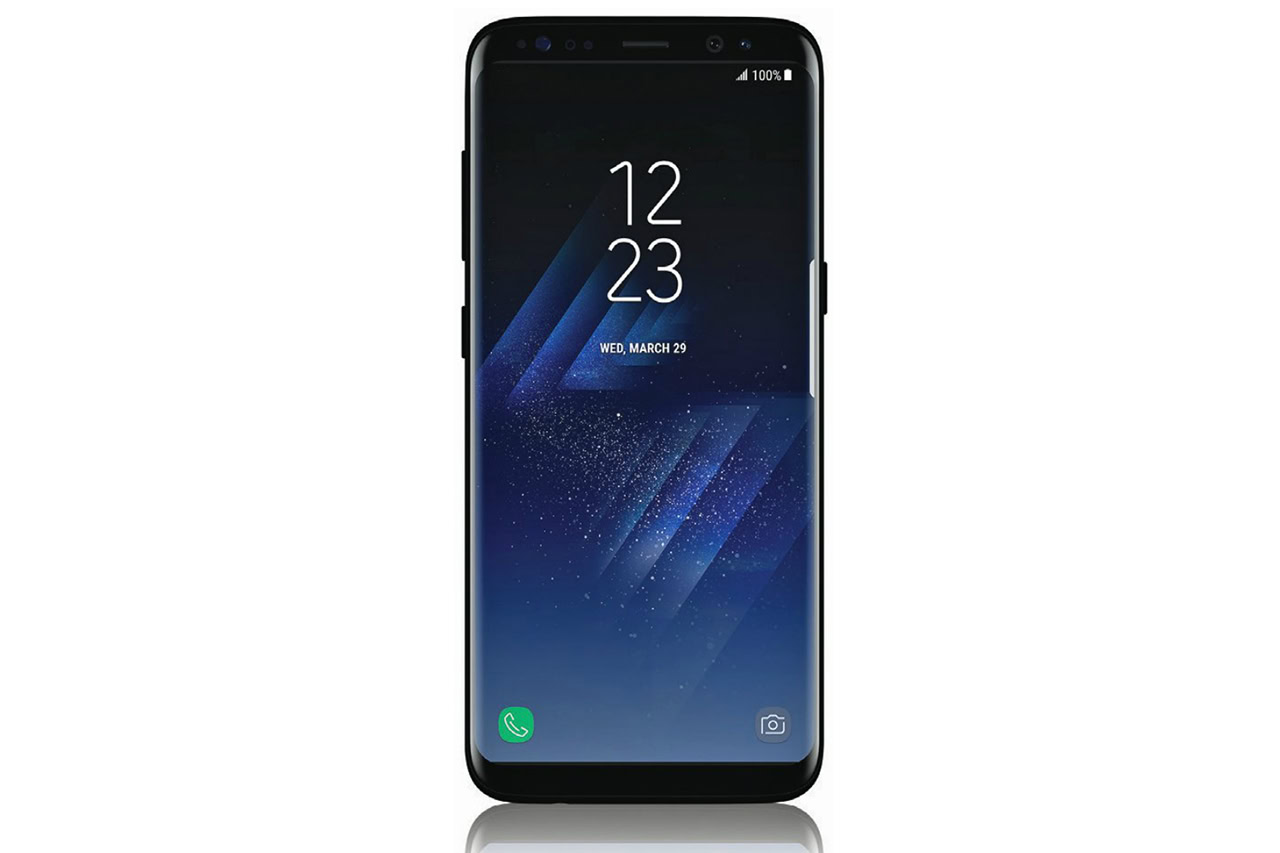Affiliate links on Android Authority may earn us a commission. Learn more.
Samsung announces Bixby, promises to revolutionize phone interaction
March 20, 2017

Smartphones are becoming too complicated for their own good, so Samsung wants to change them fundamentally with the launch of Bixby, its long-rumored digital assistant.
In a lengthy blog post, Samsung’s head of R&D for Software and Services, InJong Rhee, said Bixby will stand out from competing AI-based assistants (or “agents”) through three main factors – completeness, context awareness, and cognitive tolerance.
Completeness means that Bixby will be able to complete a multitude of tasks. Almost anything that the user can do via touch, Bixby will be able to do as well. The goal is to eliminate the unpredictability that occurs when the user doesn’t know what can and cannot be accomplished through voice commands.
Context awareness means that Bixby will understand the current state of the app and will be able to jump in to assist at any point. Moreover, the system will be able to weave both conventional touch input and voice commands, meaning that users will be able to start a task through touch and invoke Bixby to complete said task with a voice command.
Cognitive tolerance means that Bixby will be able to work with incomplete or imprecise information or commands from the users. When needed, the assistant will prompt users for additional input.
Talking to The Verge, Rhee said Bixby is an “intelligent user interface, emphasis on interface.” In other words, Samsung aims to offer an alternative to the device’s main UI, which can be complex and arcane, and not just a glorified search engine that returns facts based on precise questions.

As anticipated, the first device to run Bixby will be the Galaxy S8. A “handful” of system apps on the phone will be Bixby-enabled, meaning that users will be able to control them with voice commands. Support for Bixby will be added to more apps in the next months, and the plan is to provide an SDK for third-party developers to add Bixby to their applications.
The Galaxy S8 and Galaxy S8 Plus will feature a dedicated hardware button for Bixby. This will aid discoverability and eliminate friction from the process of invoking the AI.
Eventually, Bixby will be built into many other devices, and not just typical smart devices. Basically, any device that has a microphone and an internet connection – Bixby is cloud-based – will be able to get Bixby, including Samsung’s vast roster of appliances. Just tell your washing machine how you want your laundry, and you’re done.
InJong Rhee was careful to temper expectations for Bixby. The Samsung exec acknowledged the excitement for the advancement in artificial intelligence, but warned that Bixby is just a first step:
We do have a bold vision of revolutionizing the human-to-machine interface, but that vision won’t be realized overnight. Ambition takes time.
It looks like Rhee was throwing water on rumors that the Galaxy S8 would integrate Viv, AI software developed by Viv Labs, which Samsung acquired last fall. Viv Labs’ founders also created Siri, before the digital assistant was acquired by Apple and integrated into iPhones and other devices. It looks like the integration of Viv will take more time, and the launch version of Bixby will not include it.
Samsung is eager to show it’s serious about Bixby, and services and software in general. “We are fundamentally and conceptually changing our attitude toward software and services and working hard on innovation throughout all aspects of our mobile ecosystem,” said Rhee, adding that Samsung has “thousands of software developers supporting this effort.”
It will be very interesting to see how Samsung positions Bixby against competing systems, and Google’s Assistant in particular. Galaxy S8 users will be able to pick from both systems, but Bixby will have the advantage of being more accessible thanks to the hardware button on the side. The fact that Samsung dedicated a hardware button for this feature speaks volume to the importance of Bixby for the company.
Let us know your thoughts!
Thank you for being part of our community. Read our Comment Policy before posting.